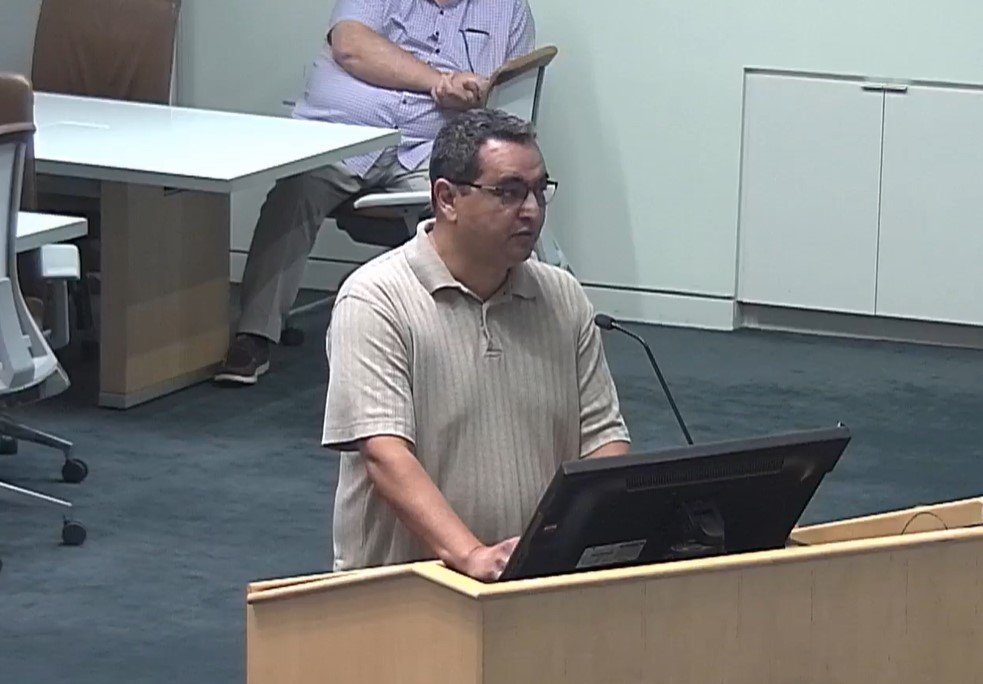chief strategy officer
Mayoral Defeated Candidate Demands Horst’s Dismissal, Claims Fictional Legal Grounds

Leon Potter made waves during a recent Maricopa City Council meeting, where he urged the council to terminate the contract of Chief Strategy Officer Rick Horst. Despite being out of the mayoral race, Potter’s political activity continues to resonate within local governance.
During the public call, he questioned the validity of Horst’s contract, claiming it conflicts with city code and presents a conflict of interest. Potter argued that Horst’s assumption of his own created role as chief strategy officer raises ethical concerns, suggesting that this self-appointment undermines accountability.
“The broad definition of who city council can hire goes against the spirit of our council-manager form of government,” Potter stated, emphasizing the implications of such actions on the city’s governance structure.
However, the city council defended Horst’s transition. In September, Horst announced his decision to step down as city manager, a position he held for six years. The council later approved an amendment to his employment agreement, which included a pay cut and reduced hours, while allowing him to continue as a vital advisor.
Mayor Nancy Smith clarified the council’s role, asserting that their approval of Horst’s employment agreement grants them the authority to make amendments as needed. “The city council approved an agreement with Rick Horst related to his position as city manager; therefore, we are the only body that could approve any changes,” she explained.
City code explicitly permits councilmembers to enter into supplemental agreements with the city manager, provided they align with existing codes and statutes. This framework allowed Horst to remain in a strategic role, leveraging his expertise in economic development for the city.
Smith also refuted Potter’s claims regarding Horst’s self-appointment, noting the inherent conflicts that would arise from such an action. “He could not appoint himself due to those conflicts. The council recognized the need for continuity and approved the amendment, ensuring it remained under the city council’s oversight,” she stated.
With Horst’s involvement in significant projects involving investments from major companies, the likelihood of his termination seems slim. His prominent role in attracting $2.6 billion in investments underscores the city’s reliance on his expertise during a pivotal time for Maricopa’s economic development.


















